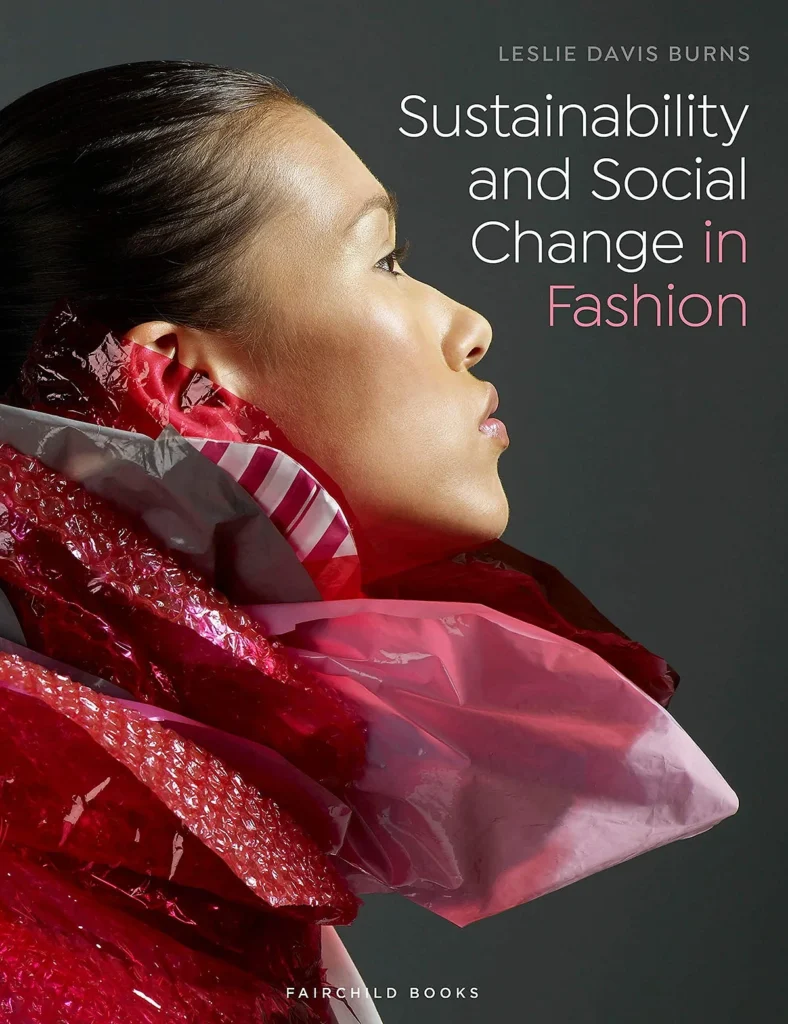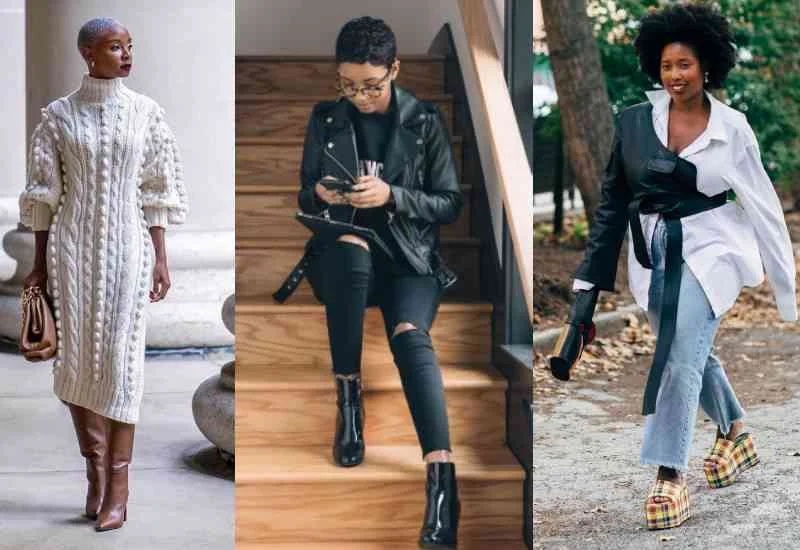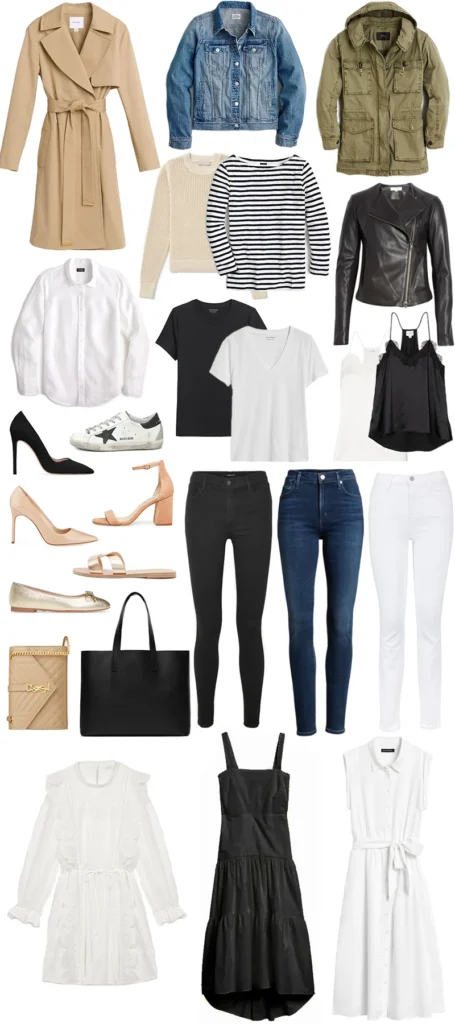Fashion has long been more than just a means of self-expression; it serves as a powerful vehicle for promoting social change and awareness. In today’s world, where societal issues are at the forefront of public discourse, the fashion industry is increasingly leveraging its influence to address critical topics such as sustainability, diversity, and human rights. By integrating these themes into their collections and campaigns, designers and brands are not only shaping trends but also fostering a culture of consciousness and responsibility among consumers.
In this article, we will delve into the various ways fashion acts as a catalyst for social change. From high-profile collaborations with activists to grassroots movements that challenge the status quo, the fashion industry is uniquely positioned to spark dialogue and inspire action. We will explore case studies of brands that have successfully aligned their missions with social causes, demonstrating how fashion can be a force for good.
Furthermore, we will examine the role of consumers in this evolving landscape. As awareness grows, shoppers are increasingly seeking brands that reflect their values, pushing the industry towards more ethical practices. Join us as we uncover the intricate relationship between fashion and social advocacy, and discover how you can be part of this transformative journey. Read on to learn how your choices in fashion can contribute to a more equitable and sustainable future.
Fashion has always been a powerful medium for self-expression and identity. However, its role in promoting social change and awareness has gained significant traction in recent years. This article explores various aspects of how fashion influences societal issues and drives change.
The Influence of Fashion Icons on Social Movements
Fashion icons have the ability to shape public opinion and inspire social movements. Celebrities and influencers often use their platforms to advocate for causes such as gender equality, climate change, and racial justice. By wearing clothing that represents these causes, they bring visibility and urgency to important issues.
For instance, during the Black Lives Matter movement, many fashion figures wore clothing with slogans that promoted racial equality. This not only raised awareness but also encouraged fans to engage in activism. The impact of these icons extends beyond their immediate followers, influencing broader societal conversations.
Sustainable Fashion and Environmental Awareness
The fashion industry is one of the largest polluters in the world, prompting a shift towards sustainable practices. Brands that prioritize eco-friendly materials and ethical production methods are gaining popularity. This shift not only addresses environmental concerns but also educates consumers about the impact of their choices.
By promoting sustainable fashion, brands can raise awareness about issues like waste reduction and resource conservation. Initiatives such as clothing recycling programs and sustainable fashion shows highlight the importance of environmental responsibility in the industry.
Fashion as a Platform for Cultural Representation
Fashion serves as a platform for cultural representation, allowing marginalized communities to express their identities. Designers from diverse backgrounds are increasingly showcasing their heritage through their collections, challenging stereotypes and promoting inclusivity.
This cultural representation in fashion fosters understanding and appreciation for different traditions. It encourages consumers to embrace diversity and supports the idea that fashion can be a unifying force in society.
The Role of Fashion in Gender Equality
Fashion plays a crucial role in the fight for gender equality. The industry has seen a rise in gender-neutral clothing lines and campaigns that challenge traditional gender norms. By promoting inclusivity in fashion, brands can help dismantle stereotypes and empower individuals to express themselves freely.
Moreover, initiatives that support women in fashion, such as mentorship programs and funding for female designers, contribute to a more equitable industry. These efforts not only promote gender equality but also inspire future generations of fashion leaders.
Fashion Activism: The Rise of Statement Pieces
Statement pieces in fashion have become a form of activism, allowing individuals to express their beliefs through their clothing. T-shirts with powerful messages, accessories that support social causes, and collections that highlight important issues are all examples of fashion activism.
This trend encourages consumers to use fashion as a tool for advocacy. By wearing statement pieces, individuals can spark conversations and raise awareness about pressing social issues, making fashion a vehicle for change.
The Impact of Social Media on Fashion Awareness
Social media has transformed the way fashion is consumed and discussed. Platforms like Instagram and TikTok allow for the rapid dissemination of information, making it easier for brands and activists to promote social causes. Influencers often use their reach to highlight issues such as body positivity, mental health, and sustainability.
This digital landscape enables a diverse range of voices to be heard, fostering a community of awareness and activism. As consumers engage with these messages, they become more informed and empowered to make conscious fashion choices.
The Intersection of Fashion and Politics
Fashion and politics are increasingly intertwined, with designers using their collections to comment on political issues. From runway shows that address immigration policies to garments that support LGBTQ+ rights, fashion can serve as a powerful form of political expression.
This intersection encourages consumers to think critically about the messages conveyed through fashion. It highlights the responsibility of designers and brands to consider the societal implications of their work.
Future Trends: Fashion’s Evolving Role in Social Change
As society continues to evolve, so too will the role of fashion in promoting social change. Emerging trends such as digital fashion, virtual reality, and blockchain technology are set to reshape the industry. These innovations can enhance transparency and sustainability, further driving awareness and advocacy.
Looking ahead, the fashion industry has the potential to become a leading force for social change. By embracing inclusivity, sustainability, and activism, fashion can continue to inspire and mobilize individuals towards a more equitable future.
| Aspect | Description |
|---|---|
| Introduction | Fashion is not just about clothing; it serves as a powerful medium for expressing social issues and advocating for change. |
| Historical Context | Throughout history, fashion has reflected societal values and movements, from the suffragette movement to modern-day activism. |
| Awareness Campaigns | Brands and designers often use their platforms to raise awareness about issues such as climate change, gender equality, and racial justice. |
| Celebrity Influence | Influential figures in fashion can amplify messages, using their visibility to draw attention to important causes. |
| Sustainable Fashion | The rise of sustainable fashion highlights the industry’s responsibility towards environmental and social issues, promoting ethical practices. |
| Community Engagement | Fashion initiatives often involve local communities, fostering collaboration and empowering marginalized groups. |
| Conclusion | Fashion has the potential to drive social change by raising awareness, influencing public opinion, and encouraging action towards a more equitable society. |




